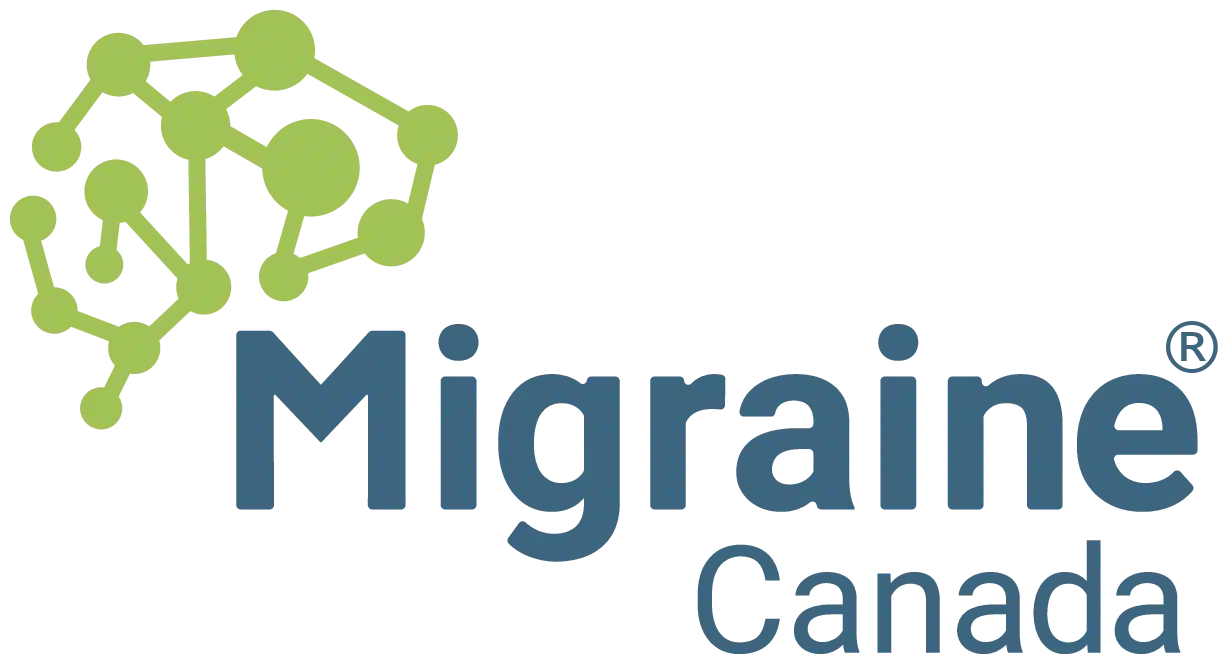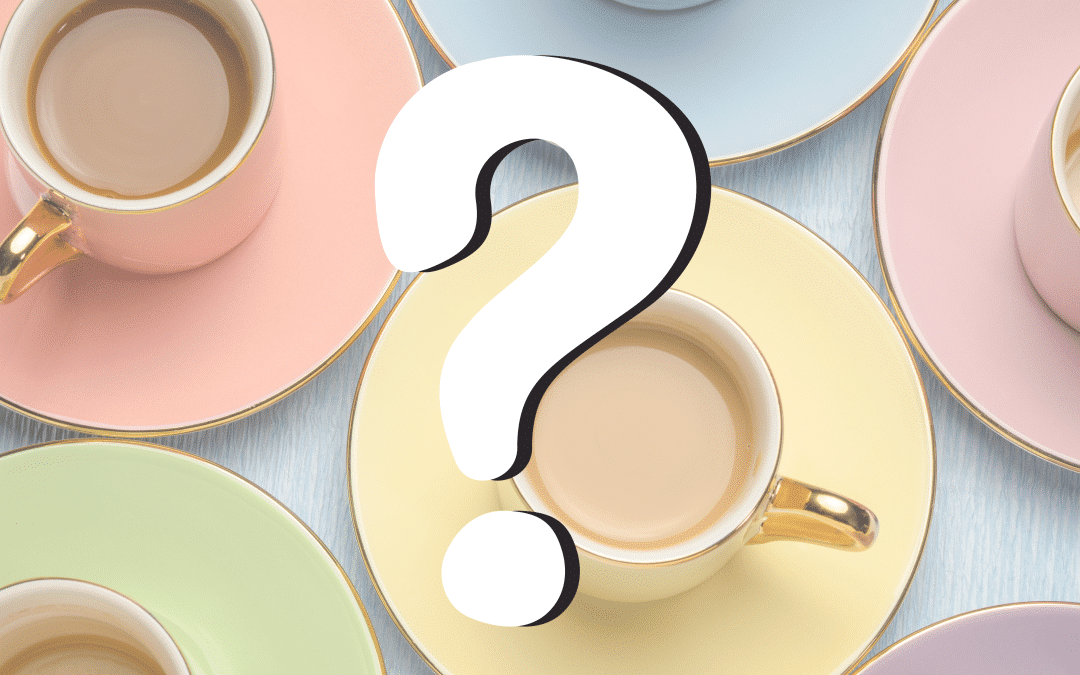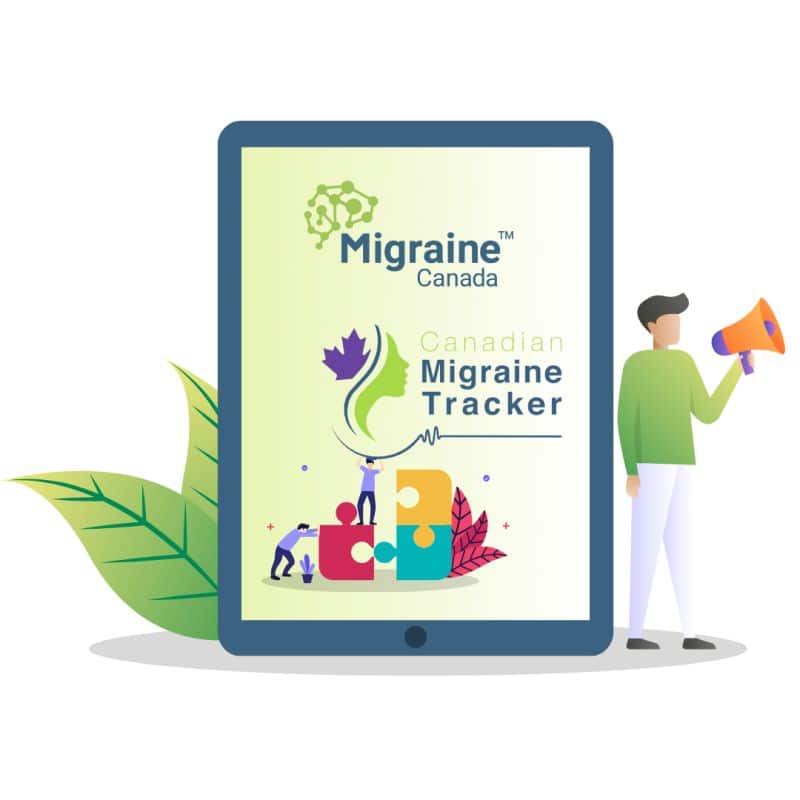Coffee is a staple in many people’s lives, and caffeine, a central nervous system stimulant, plays a significant role in our daily routines. However, caffeine has both benefits and drawbacks for those with migraine. This article explores how caffeine impacts migraine frequency, its potential to disrupt sleep, and its use as a treatment for migraine attacks. Additionally, it offers guidance on monitoring and adjusting caffeine intake to manage migraine effectively.
Benefits of Caffeine for Brain Health
Regular coffee consumption has been associated with a decreased risk of stroke, dementia, and Parkinson’s disease. Caffeine increases alertness and can improve mood. A daily dose of 400 mg is considered safe but should be stopped or limited to 300 mg per day during pregnancy.
Negative Effects of Caffeine on Migraine:
1. Increased Migraine Frequency: Regular caffeine intake may increase the frequency of migraine attacks. People with migraine, tension-type headache, or other headache conditions who use caffeine are more likely than non-users to experience chronification, where attacks become progressively more frequent. Caffeine may also lead to a caffeine-overuse headache.
2. Impaired Sleep: Caffeine can disrupt sleep. The half-life of caffeine is 5-6 hours, meaning that half of the caffeine you consume still stimulates your nervous system 5-6 hours after consumption. It can take up to a full day to completely eliminate caffeine from your body. This simulation from caffeine prevents people from falling asleep and impairs sleep quality. Poor sleep is a trigger for migraine attacks.
3. Rebound Effect: Individuals with migraine who regularly consume caffeine may become susceptible to attacks if they stop or even decrease their intake, similar to a rebound headache.
4. Migraine Trigger: Some people report caffeine as a migraine trigger. A recent study has shown an association between caffeine and migraine attacks, though this could occur because people use caffeine as a treatment or because they are more tired, and fatigue is the real trigger.
Caffeine as a Treatment for Migraine Attacks
If you are experiencing a migraine attack, caffeine can be used as an acute treatment to help abort it. Caffeine boosts the effect of other analgesics (i.e., acetaminophen and aspirin), which is why they’re often used in combination. Since it is safe to use during pregnancy, caffeine is an effective option during this time when many medications can’t be used. For more information, please see our post on pregnancy and migraine.
How will I know how much caffeine I am consuming?
You likely consume more caffeine than you realize. Caffeine can be found in coffee, tea (black, white, and green), energy drinks, soft drinks, chocolate, and over-the-counter supplements and medications. Caffeine intake is frequently underestimated in teens.
Refer to the Health Canada website for more information on caffeine contents. Read product labels and ask for information at restaurants and coffee shops about the caffeine content in products you consume.
Is it worth stopping caffeine to improve migraine?
You should consider caffeine cessation if:
- You have frequent or chronic migraine
- You notice that skipping coffee leads to rebound headache
- You have difficulty sleeping
- You experience anxiety
- You consume more than 200 mg of caffeine per day
- You mainly drink coffee without consuming enough water
Like any other treatment approach, use a migraine diary to monitor any changes in your migraine after adjusting your caffeine intake. Also, observe your sleep and anxiety levels.
Should I completely stop consuming caffeine, or can I decrease my intake?
There are two perspectives on caffeine consumption for people with migraine. One perspective suggests that up to 200 mg of caffeine per day is safe for people with migraine. The other suggests that eliminating caffeine completely will be more beneficial for people with migraine over time. According to a study, completely stopping caffeine resulted in a 72% improvement in migraine frequency, compared to a 40% improvement from merely reducing intake.
If you decide to continue consuming caffeine, aim to keep it below 200 mg per day.
Safely Reducing Caffeine Intake
Do not abruptly stop consuming caffeine as this may lead to withdrawal headache. Gradually reduce by cutting out the equivalent of ½ to 1 cup of coffee, tea, or soft drink. Stay at that reduced level for a week and then reduce again. Continue this process weekly until you have met your goal or weaned off. If you experience a withdrawal headache, treat it with caffeine or your usual acute treatment.
Overall, caffeine consumption is an important factor to evaluate for individuals with migraine, as its effects on the brain are complex.
References
- Fried NT, Elliott MB, Oshinsky ML. The Role of Adenosine Signaling in Headache: A Review. Brain Sci. 2017;7(3).
- Lee MJ, Choi HA, Choi H, Chung CS. Caffeine discontinuation improves acute migraine treatment: A prospective clinic-based study. J Headache Pain. 2016;17(1):71.
- Lipton RB, Diener HC, Robbins MS, Garas SY, Patel K. Caffeine in the management of patients with headache. J Headache Pain. 2017;18(1):107.
- Mostofsky E, Mittleman MA, Buettner C, Li W, Bertisch SM. Prospective Cohort Study of Caffeinated Beverage Intake as a Potential Trigger of Headaches among Migraineurs. The American journal of medicine. 2019;132(8):984-91.
- Nehlig A. Effects of coffee/caffeine on brain health and disease: What should I tell my patients? Pract Neurol. 2016;16(2):89-95.
Post #702



